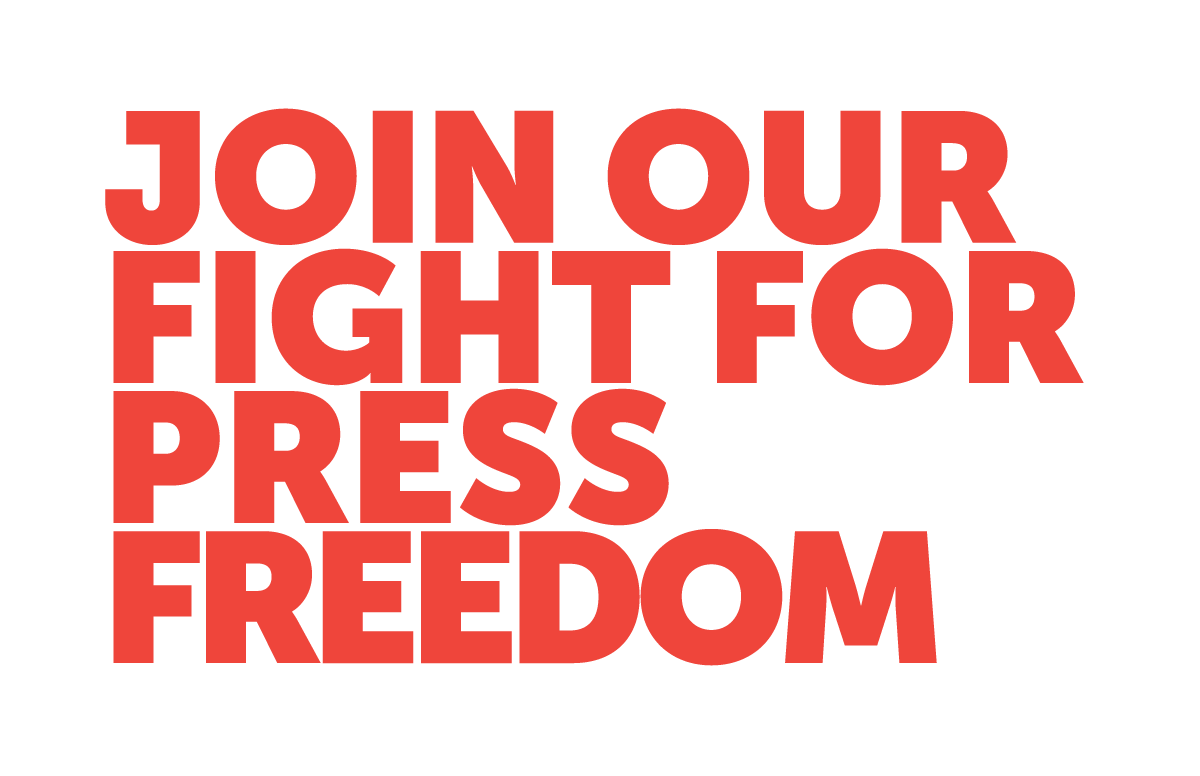Suncor Energy CEO Steve Williams rocked the oil industry boat Thursday when he announced a plan to leave some of the company’s oilsands reserves unrecovered during a conference call with investors.
Williams said the company is working to develop a plan with Alberta to “strand” its least economical reserves, a proposal that appears to align with the call of environmentalists to leave the high-cost and high-carbon fossil fuels in the ground to prevent catastrophic global warming.

“Our regulation is written so that we take to a very high percentage the last piece of oil out. That tends to be the most expensive both economically and environmentally. What we would like to do is leave that last piece in (the ground),” he said.
“I’m very optimistic we are making some breakthroughs with government to do that.”
The proposal is about more than leaving some oil deposits undeveloped, according to Simon Dyer, director of the Pembina Institute.
“We’re talking about Alberta moving philosophically from maximizing production to optimizing value,” Dyer told DeSmog Canada.
Having a conversation about where, when and how to leave behind the most expensive and highest polluting deposits just makes sense within the context of the Alberta climate plan, which caps total oilsands emissions at 100 megatonnes, and the Paris Agreement, he said.
“We have 166 billion barrels of oil in the oilsands. In 40 years we’ve extracted six per cent of them. It’s inconceivable to think we’ll extract all of them even though our regulations are written in a way that we don’t leave a barrel behind.”
Dyer said Williams is seeking a change in those regulations.
“It’s the first timid steps towards a ‘leave it in the ground’ conversation,” he said.
Suncor holds approximately 8.7 billion barrels of oil in the oilsands, including open pit mines and in situ operations. Focusing on its most profitable projects could save the company 10 to 20 per cent in operating costs, Williams said.
Keith Stewart, head of Greenpeace Canada’s climate and energy campaign, said Williams surprised a lot of people with his request but added it’s unclear at this stage how Alberta will manage Suncor’s request.
“It's important to recognize that what [Williams] really wants to do is 'high-grade' his existing reserves: exploit only the cheapest and most profitable parts,” Stewart said.
There may be some hesitation on the part of Alberta, which relies on oil royalties, to simply allow companies to back out of oil extraction agreements, he said. Extraction agreements are managed under Directive 82, something Alberta may have to alter to accommodate Suncor’s request.
Suncor Opens Conversation about ‘Stranded Assets’ in #Alberta’s #Oilsands https://t.co/Ne04sUzuFB #cdnpoli #ableg
— DeSmog Canada (@DeSmogCanada) August 2, 2016
“Lease agreements often establish rules that limit 'high-grading' and Suncor is clearly trying to get those rules changed,” Stewart said, adding this would likely help companies shut-in low-performance in situ operations.
Stewart said it makes sense in an increasingly carbon-constrained world for fossil fuel companies to want to back out of their least profitable leases and added it’s interesting in this case that Williams chose to adopt the language of environmentalists to justify doing so.
“He could have said this in corporate-speak that would be meaningless to most, but instead he used a term that — until recently — was only used by the environmental movement. The asset is stranded, or worthless, because the oil has to stay in the ground to avoid dangerous levels of warming and that isn’t something most oil executives want to talk about.”
While high-grading assets isn’t necessarily a bad thing from an environmental perspective, the act of stranding assets needs to be considered in a global context, Stewart said.
“Williams called for a ‘modest’ stranding of assets, whereas climate science tells us we need to strand around 80 per cent of fossil fuel reserves. So we’re still far apart on how much ‘stranding’ is called for. But if you think back to the federal election, it was considered heretical when an NDP candidate suggested some of the oilsands had to be left in the ground so this is an interesting development.”
Alberta’s climate plan placed a hard cap of 100 megatonnes on oilsands production, but 130 megatonnes of projects have already been approved.
Dyer, who sits on the Alberta Oilsands Advisory Group, a coalition of industry, environmental and First Nations leaders, said Alberta faces the difficult task of taking approved projects off the table.
“We’re going to have a competitive process whereby the Alberta regulator decides which projects go forward. They can’t all go forward under the cap so again we’re in a situation where the Alberta Energy Regulator, instead of approving every project, has to decide which of these projects is better for Alberta,” he said.
“If we’re never going to extract all of the bitumen, why don’t you high-grade and take the most profitable stuff that has the least environmental impact?”
Dyer said it’s important for Alberta to recognize a global transition away from fossil fuels is taking place.
“You’ve got to consider the Paris agreement and countries musing about being fossil fuel free by 2050 and the uptake of electric vehicles,” he said.
“It’s a tough point for Albertans but whether we like it or not the world’s changing,” he said. “At the current rate of production it would take us 200 years to get through the oilsands. It’s just inconceivable that will happen.”
So, if some of Alberta’s bitumen is being taken off the table, a conversation needs to take place about how that will happen. Dyer said he hopes that conversation will take place publicly and transparently.
“I think if we get policy to move from the idea that you extract everything regardless of the benefit or the cost and instead you actually make decisions based on optimizing benefits, that can only be a positive thing.”
Image: Steve Williams at a 2012 Suncor Annual General Meeting via Flickr

